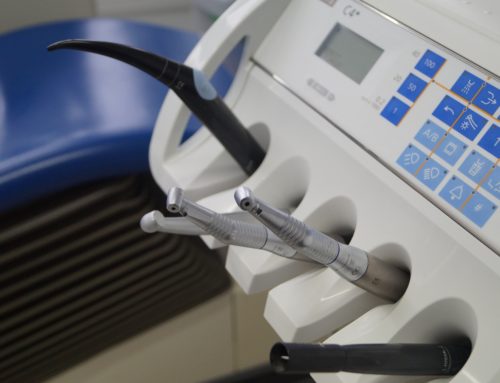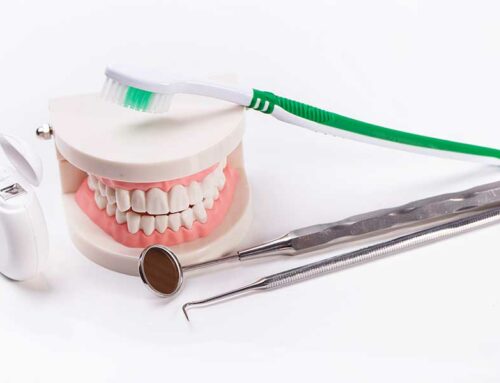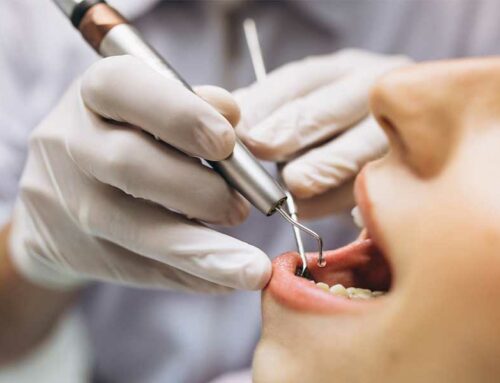Emergency dental treatment can be a stressful experience, but knowing what to expect can help ease your anxiety. Dental emergencies can range from severe toothaches to broken teeth or injuries to the mouth or jaw.
Here’s a general overview of what you can expect during an emergency dental treatment:
- Assessment and Triage
When you arrive at the dental office, you’ll be greeted by the dental staff, and you’ll likely need to fill out some paperwork if you’re a new patient. The dental team will assess your condition and ask you about the nature and severity of your dental emergency. They will prioritise patients based on the urgency of their situation.
X-Rays and Examination
The dentist will conduct a thorough examination of your oral cavity and may take X-rays to get a detailed view of the affected area. X-rays help the dentist identify issues such as fractures, infections, or impacted teeth that may not be visible to the naked eye.
Pain Management
If you’re in pain, the dentist will usually address this first. They may administer local anaesthetic to numb the affected area before performing any procedures. This helps ensure you are comfortable during the treatment.
Treatment Options
Depending on your condition, the dentist will discuss treatment options with you. The specific treatment will vary based on the nature and severity of the dental emergency.
Common emergency dental treatments include:
- Tooth extractions
- Dental fillings
- Root canals
- Temporary or permanent crowns
- Repair of broken or chipped teeth
- Treatment of dental abscesses or infections
Education and Aftercare
The dentist will provide you with instructions on how to care for your dental issue at home and any necessary follow-up appointments. They will discuss any potential complications, symptoms to watch for, and when to seek immediate attention if your condition worsens.
Follow-Up
Depending on the nature of your emergency, you may need to schedule a follow-up appointment for additional treatment or to monitor your progress. Even if the immediate issue is resolved, it’s important to follow up with your regular dentist for ongoing dental care and maintenance.
Pain Management
After the treatment, you may experience some discomfort or pain. The dentist may prescribe pain relievers or recommend over-the-counter pain medications. Follow their instructions carefully.
Remember that it’s essential to seek immediate dental care for emergencies to prevent further complications and alleviate pain. If you’re uncertain whether your situation qualifies as a dental emergency, it’s best to contact a dental professional for guidance. Dental emergencies should not be ignored, as prompt treatment can often prevent more severe problems.







Leave a Comment